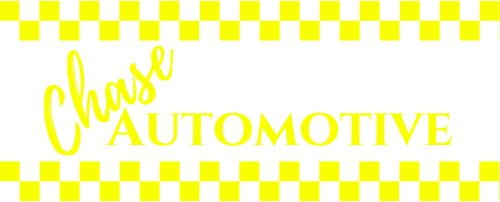Your vehicle’s brakes operate with hydraulics. This system is what allows a small movement (pressing the brake pedal inside the car) to have a big effect (applying all four brakes to stop your moving vehicle). Brake fluid inside keeps the system working, creating the hydraulic pressure needed to stop your car.
The brake fluid operates in a closed system, meaning you should never simply “use up” the brake fluid. If your fluid level is low, that means there is a leak in the brake system.
Brake fluid probably isn’t one of the fluids you would check regularly in your own garage. Most drivers would notice the symptoms of a leak long before they notice the missing fluid.
If your brakes feel “spongy,” lacking response or too soft to press, this is a warning sign of a leak in your brake system. Brake fluid should be the only thing in the system – if air gets in, it can affect the hydraulics that allow you to brake easily.
If you feel a loss of pressure in your brakes, meaning your foot falls all the way to the floor when you press the brake pedal, this is a serious sign of brake damage. Bring your vehicle in for a brake inspection right away.
If your brake pedal becomes very firm and hard to press, this could also indicate a problem with the hydraulics in your vehicle’s brakes. This could mean there is not enough of a vacuum of pressure in the system. Stop by Chase Automotive right away before the condition becomes worse and braking becomes more difficult.
DO NOT DRIVE if your brakes are failing. You will be putting your life and the lives of other drivers at risks. Bring your vehicle to Chase Automotive right away or call us at 303.344.4670 to arrange a tow if you are not comfortable driving in the condition of your brakes.
To schedule a brake inspection or ask a question about the symptoms you’re experiencing, request an appointment online or call our team of certified technicians at 303.344.4670.
